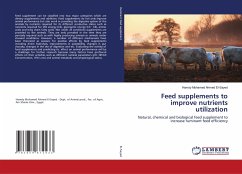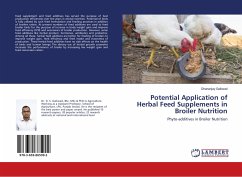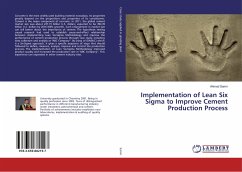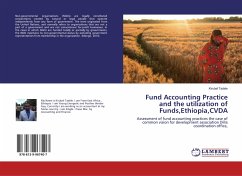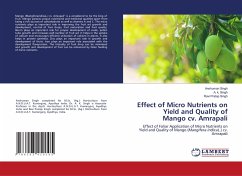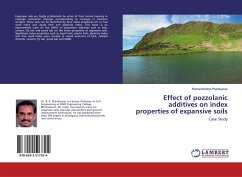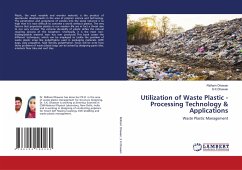Feed supplement can be classified into two major categories which are dietary supplements and additives. Feed supplements do not only improve animal performance but also work in providing the digestive system of the animals by nutrients required for its different productive states such as nutrients required for VFA energy (C2), glycogenic energy (C3 : C6), amino acids and long chain fatty acids. Not under all conditions supplements are provided to the animals. They are only provided in the time they are percisely required such as with highly producing animals or animals under stressed conditions. However, a number of different mechanisms have been theorized as seasons for positive effects by feed supplements including direct hydrolysis, improvements in palatability, changes in gut viscosity, changes in the site of digestion and etc. Evaluating the activity of feed supplements and predicting its. effect on animal performance will be a challenge for further research because many factors have profound effects on their activities such as different ruminal parameters (pH, NH3-N Concentration, VFA's etc) and animal metabolic and physiological status.

